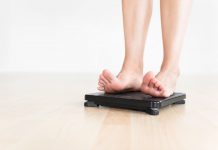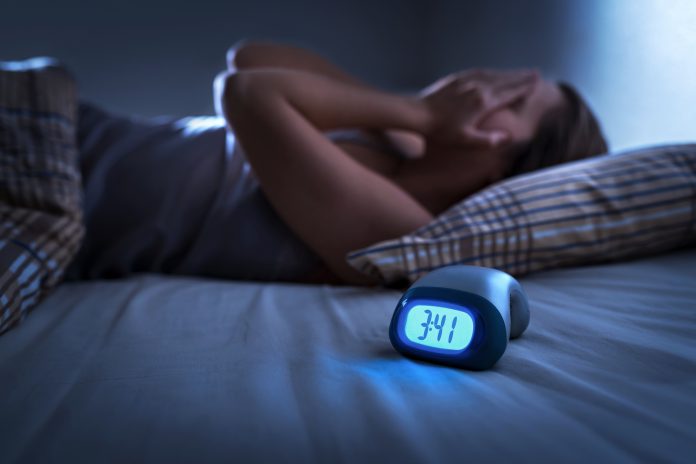What is Insomnia?
Insomnia is a condition characterized by difficulty falling or staying asleep. There is no set definition of insomnia in terms of hours of sleep, and insomnia can have many forms. Some people with insomnia may have no trouble falling asleep but wake up too soon. Other people may have the opposite problem, or they have problems with falling asleep as well as staying asleep. The common factor is poor-quality sleep that doesn’t leave you feeling refreshed when you wake up.
What is Transient Insomnia?
Temporary insomnia lasts anywhere from one night to a few weeks. This can involve a single episode of poor-quality or unrefreshing sleep or recurring episodes of insomnia separated by periods of normal sleep.
On the following slides, we offer some suggestions and tips intended to help overcome temporary insomnia and maximize your chance for getting a healthy night’s sleep:
- Keep the room pleasant, comfortable, and get rid of clutter and distractions. Be sure to select the right bed and mattress for your needs. An old mattress or the wrong mattress for you can contribute to musculoskeletal problems and sleep disturbances.
- Avoid use of the bed for TV, working, eating, or any other activities; use the bed only for sleeping and sex. If you like to use the bed for a bit of nighttime reading, read only books in bed that promote relaxation and enjoyment.
- “Reconditioning” is often recommended as part of the treatment plan for insomnia. This means that you are “reconditioned” to associate the bed with sleep. If you are not able to sleep at all, get out of bed and move to another room, so that you do not associate the bed with wakefulness. Typically, if you are not sleeping after 20-30 minutes in bed, you should get out of bed and return when you are tired. During the time out of bed, you should not do anything that may stimulate or increase your wakefulness and you should avoid turning on the TV, computer, cell phone, or bright lights and avoid looking at the clock. Return to bed when you feel drowsy.
- Establishing a regular sleep-wake cycle can help people who suffer from insomnia. By doing so, the body will learn to set its internal clock to your schedule, eventually responding to internal cues to become sleepy at a given time and to awaken at a given time. Getting up at the same time every morning, even on weekends, is a good way to establish this regular cycle.
- An afternoon nap can make falling asleep at night even harder, no matter how tired you may be. “Extra” sleep on weekends can also throw off your sleep schedule and make midweek insomnia even worse. Naps in the afternoon should be limited and short (around 20 minutes).
- Limit your consumption of caffeine in the afternoon and evening. Don’t forget that chocolate, hot cocoa, and colas also are sources of caffeine.
- Excessive consumption of of alcohol at any time in the day can also disrupt sleep patterns and lead to unsatisfying sleep. Don’t drink any alcoholic beverages in the few hours prior to going to bed. Cigarette smoking can also worsen insomnia.
- Try to fit in some exercise during the day, but avoid strenuous exercise right before bedtime. Exercise 4-5 hours before bed is preferred.
- Heavy eating in the evening or eating just prior to bedtime can disrupt your sleep.
- It can be helpful to establish a “winding down” ritual just prior to bedtime. The goal is to free your mind of distracting or troublesome thoughts and engage in a relaxing, enjoyable activity like reading, watching a pleasant film, or listening to music.
































